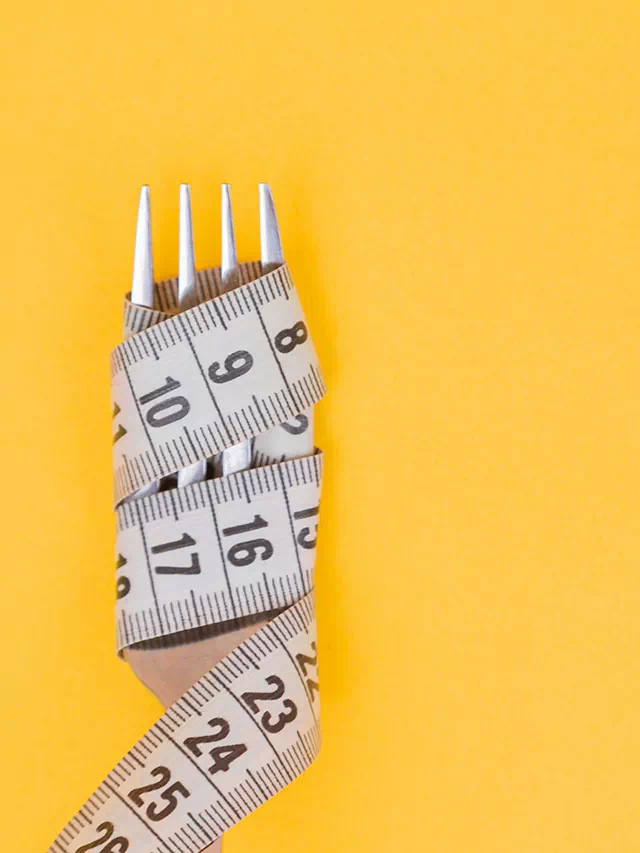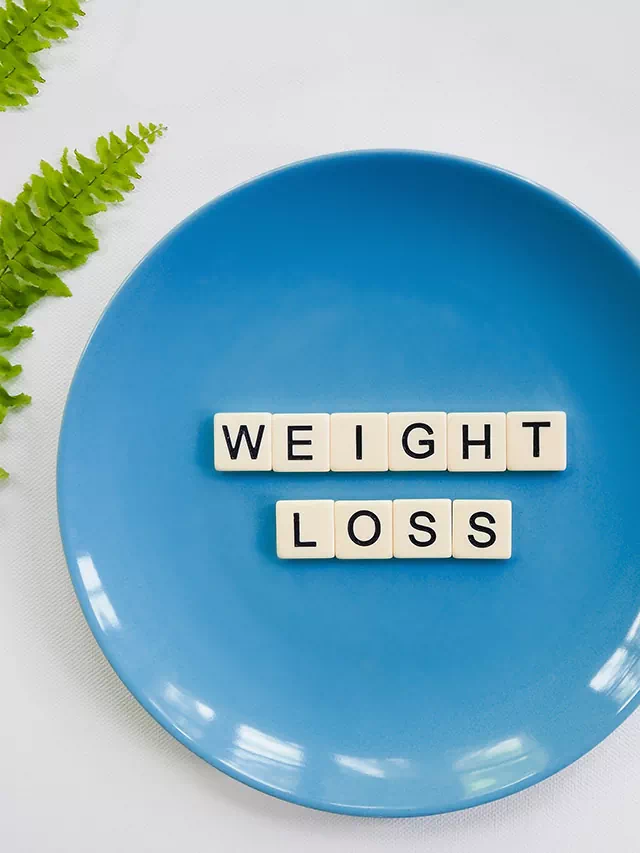That said, many eating plans designed to help you lose weight leave you feeling hungry or unsatisfied, or they cut out major food groups and are not sustainable. These are major reasons why you might find it hard to stick to a healthier eating plan. Everyone has unique needs and different eating styles and tips may work better for you than someone else. You may find you are able to lose weight by following a low carb diet or a diet that has a focus on whole foods, but there are some general principles that apply when you’re trying to lose weight.
There are several ways to reduce body weight quickly, but it is important to note that quick weight loss can often be difficult to maintain and may not be healthy. You can try this ways to lose weight quickly
- Eating a diet that is low in calories and high in protein
- Increasing physical activity, especially cardio exercises
- Drinking plenty of water and cutting back on sugary drinks
- Getting enough sleep and reducing stress
- Consulting a healthcare professional or registered dietitian for personalized advice.
A safe and sustainable rate of weight loss is 1-2 pounds per week
- Create a calorie deficit by eating fewer calories than you burn. This can be achieved by decreasing portion sizes, choosing lower-calorie foods, and increasing physical activity.
- Incorporate high-intensity interval training (HIIT) and strength training into your exercise routine to boost metabolism and build muscle.
- Drink plenty of water and limit sugary beverages, which can be high in calories.
- Get adequate sleep and manage stress, as lack of sleep and high-stress levels can lead to weight gain.
- Consult with a healthcare professional or registered dietitian for personalized advice and guidance on a safe and effective weight loss plan.
- Keep a food diary: Writing down what you eat can help you become more aware of your eating habits and identify areas where you can cut back on calories.
- Eat more protein: Eating protein-rich foods can help you feel full and satisfied, which can prevent overeating and snacking on high-calorie foods.
- Avoid processed foods: Processed foods are often high in added sugars, salt, and unhealthy fats, and can contribute to weight gain. Instead, focus on eating whole, nutrient-dense foods like fruits, vegetables, whole grains, and lean proteins.
- Try mindful eating: Eating mindfully means paying attention to your food, savoring the flavors and textures, and eating at a slower pace. This can help you feel more satisfied with smaller portions.
- Get support: Losing weight can be challenging, and having a support system in place can make the process easier. Consider joining a weight loss support group or working with a dietitian or personal trainer.
- Keep a food diary: Writing down what you eat can help you become more aware of your eating habits and identify areas where you can cut back on calories.
- Eat more protein: Eating protein-rich foods can help you feel full and satisfied, which can prevent overeating and snacking on high-calorie foods.
- Avoid processed foods: Processed foods are often high in added sugars, salt, and unhealthy fats, and can contribute to weight gain. Instead, focus on eating whole, nutrient-dense foods like fruits, vegetables, whole grains, and lean proteins.
- Try mindful eating: Eating mindfully means paying attention to your food, savoring the flavors and textures, and eating at a slower pace. This can help you feel more satisfied with smaller portions.
- Get support: Losing weight can be challenging, and having a support system in place can make the process easier. Consider joining a weight loss support group or working with a dietitian or personal trainer.
- Keep moving: Regular physical activity not only burns calories but also helps you maintain a healthy weight. Aim for at least 30 minutes of moderate-intensity exercise on most days of the week.
- Get enough sleep: Adequate sleep is essential for weight loss. Aim for 7-9 hours of sleep per night.
- Be consistent: Losing weight requires consistency and patience. Remember that you didn’t gain the weight overnight, so it’s unrealistic to expect to lose it overnight. Stick to your plan and make small changes over time to achieve your weight loss goals.





